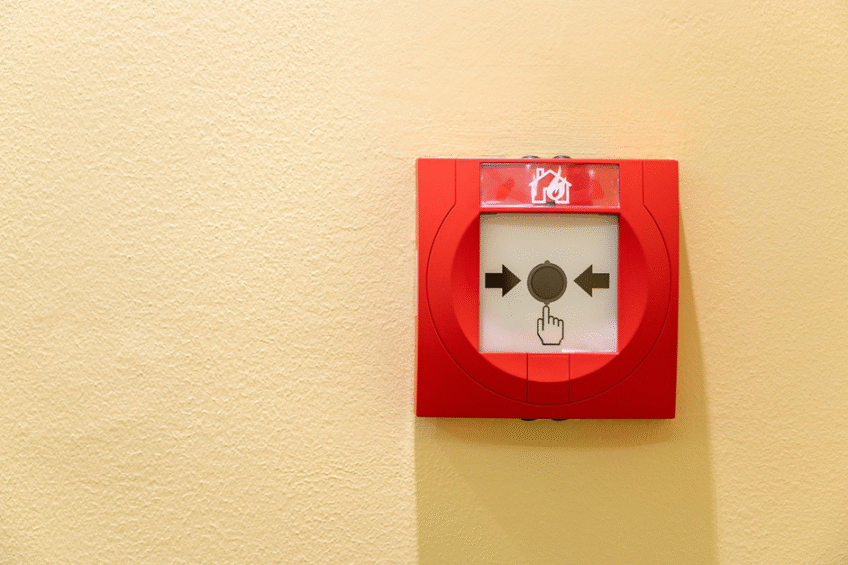When it comes to fire safety, most people believe they’re doing the right thing—checking their smoke alarms, having an extinguisher on hand, and knowing the basics of evacuation. But even well-intentioned Australians can fall victim to widespread myths that give a false sense of security – these misconceptions can be not only misleading but also dangerous.
Here, we debunk some of the most common fire safety myths that could put you and your property at risk.
Myth 1: Smoke Alarms Are Set-And-Forget
Many assume that once a smoke alarm is installed, it will automatically do its job forever. Unfortunately, smoke alarms don’t last forever—they typically have a lifespan of about 10 years, and their batteries require regular testing and replacement. Failing to maintain your smoke alarm could mean the difference between early warning and total disaster.
This is especially important in short-term rental accommodations, where compliance with STRA Fire Safety Standards in NSW is essential. These standards outline the routine servicing requirements for smoke alarms, extinguishers, and exit signage, helping ensure guest safety and legal compliance.
Myth 2: Small Fires Are Easy To Handle Alone
It’s tempting to believe that a small kitchen or bin fire can be handled with a splash of water or a tea towel. But fire spreads faster than most people realise, especially in enclosed spaces with flammable materials. Using water on grease fires, for example, can cause a fireball, turning a minor incident into a catastrophic one. Always call emergency services immediately and evacuate if you’re unsure.
Myth 3: Fire Extinguishers Are One-Size-Fits-All
Not all fire extinguishers are created equal. Different types are designed to tackle different classes of fire—such as electrical, flammable liquids, or combustible materials. Using the wrong extinguisher can be ineffective or even dangerous. For instance, using a water extinguisher on an electrical fire can cause electrocution. Knowing which extinguisher to use—and how to use it—is essential.
Myth 4: Fire Safety Is Just A Concern For Businesses
While workplaces are subject to stricter fire safety protocols, residential properties are just as vulnerable. Whether it’s faulty wiring, unattended candles, or overloaded power boards, house fires can ignite quickly and with devastating consequences. Fire safety isn’t just a compliance issue—it’s a personal responsibility that affects families, neighbours, and communities.
Myth 5: Fire Doors Can Be Left Open
It may seem harmless to wedge a fire door open for convenience, but this completely undermines its purpose. Fire doors are specifically designed to contain smoke and fire, giving occupants precious extra minutes to evacuate safely. Keeping them closed—and unobstructed—is a simple action that could save lives.
Myth 6: You’ll Smell Smoke In Your Sleep
One of the most dangerous myths is the belief that the smell of smoke will wake you up. In reality, smoke can put you into a deeper sleep. This is why working smoke alarms are so crucial. They provide the early alert you need to get out in time, especially during the night when most fatal house fires occur.
Stay Informed, Stay Safe
Understanding the truth behind fire safety is your first defence against danger. Take the time to learn about proper fire extinguisher use, keep smoke alarms in working order, and ensure your property—whether residential or a short-term rental—complies with regulations. Fire safety isn't just about ticking boxes—it's about protecting lives, property, and peace of mind. Don’t let myths stand in the way of smart, proactive fire protection.

